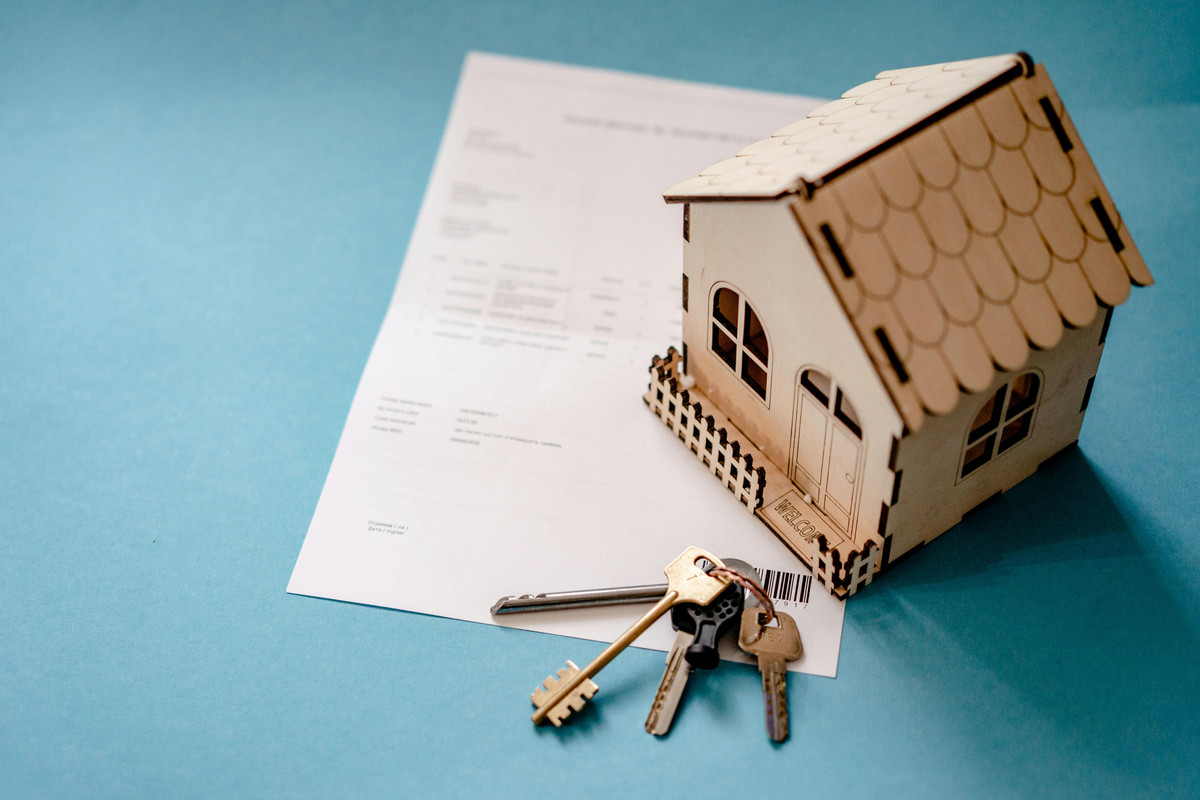
How to Know if You're Ready to Buy a Home in 2025
Buying a home is a significant milestone in anyone’s life, marking a transition into stability, investment, and the creation of lifelong memories. But how do you know if 2025 is the right year for you to take the plunge into homeownership? Here, we’ll explore key indicators that can help you determine if you’re ready to buy a home in 2025, along with detailed steps on how to apply for a mortgage loan if needed.

Assess Your Financial Stability
Financial stability is the foundation of homeownership. Ask yourself the following questions:
- Do you have a stable income? – A steady job or consistent income stream is crucial for managing mortgage payments and other home-related expenses. In 2025, lenders will scrutinize your income history and employment status.
- Do you have a good credit score? – A higher credit score can secure better mortgage rates. Typically, a score of 620 or above is recommended, but a score of 700+ can unlock even more favorable terms. Check your credit report and make necessary improvements before applying.
- Do you have enough savings? – Besides the down payment, you should have savings for closing costs, moving expenses, and an emergency fund. Ideally, your down payment should be 20% of the home’s price to avoid private mortgage insurance (PMI).
Evaluate Your Current Financial Health
- Debt-to-Income Ratio (DTI) – Lenders prefer a DTI ratio of 43% or lower. Calculate this by dividing your total monthly debt payments by your gross monthly income. A lower ratio indicates better financial health and borrowing capacity.
- Monthly Budget – Consider if you can comfortably afford the monthly mortgage payments, which include principal, interest, taxes, and insurance (PITI). Use online mortgage calculators to estimate these costs.
Consider Your Long-Term Goals
- Future Plans – Think about your long-term goals. Are you planning to stay in the area for at least 5-7 years? If you’re uncertain about your plans, renting might be a better option.
- Homeownership Readiness – Owning a home involves maintenance, repairs, and unexpected expenses. Ensure you’re prepared for these responsibilities.

Applying for a Mortgage Loan
Once you’ve determined you’re ready to buy a home, the next step is applying for a mortgage loan. Here’s how:
Step 1: Gather Your Financial Documents
Mortgage lenders require detailed financial information. Gather the following documents:
- Recent pay stubs
- W-2 forms or tax returns for the past two years
- Bank statements for the past two months
- Proof of additional income (bonuses, alimony, etc.)
- A list of debts and assets
Step 2: Check Your Credit Score
Obtain a free copy of your credit report from each of the three major credit bureaus—Equifax, Experian, and TransUnion. Review for any errors and dispute them to improve your score.
Step 3: Determine Your Budget
Use mortgage calculators to understand how much you can afford. Factor in the down payment, closing costs, and other related expenses. Aim to stay within your financial comfort zone.
Step 4: Get Pre-Approved for a Mortgage
Getting pre-approved shows sellers that you’re a serious buyer. It also helps you understand how much you can borrow. To get pre-approved, submit your financial documents to a lender who will evaluate your creditworthiness.
Step 5: Shop for a Mortgage
Don’t settle for the first offer. Compare rates, terms, and fees from multiple lenders. Consider conventional loans, FHA loans, VA loans, or USDA loans based on your eligibility.
Step 6: Apply for the Loan
Once you’ve selected a lender, complete the mortgage application. Be prepared for a thorough review of your financial history. The lender will conduct an appraisal of the property to ensure it meets the loan requirements.
Step 7: Close the Deal
After approval, you’ll enter the closing phase. This involves signing a multitude of documents and paying closing costs. Review all terms carefully before finalizing the agreement.

Conclusion
Buying a home in 2025 is a significant decision that requires careful planning and financial readiness. By evaluating your financial stability, long-term goals, and following a systematic approach to applying for a mortgage loan, you can make informed decisions and turn your dream of homeownership into reality.
Remember, the journey to homeownership is unique for everyone, and taking the right steps can make the process smoother and more rewarding.
Read More
Leave Your Information Now!
Want personalized assistance? Visit our 'Contact Us' tab and leave your information with one of our experts.


Location
United States
Contact Info
- 14750 NW 77th Ct Suite 204, Miami Lakes, FL 33016
- 3150 SW 145th Ave, Miramar, FL 33027
- (786) 505-5105
- Fax: (754) 225-1011
- Team@LamasLoans.com
We do not share data with third parties for marketing/promotional purposes.
By submitting your phone number to Lamas Loans, you are authorizing a representative of our company to send you text messages and notifications. Message frequency may vary. Message/data rates apply. Reply STOP to unsubscribe to a message sent from us, and HELP to receive help.
Copyright © 2024 LAMAS LOANS | NMLS # 1517696 | An Equal Housing Lender



























